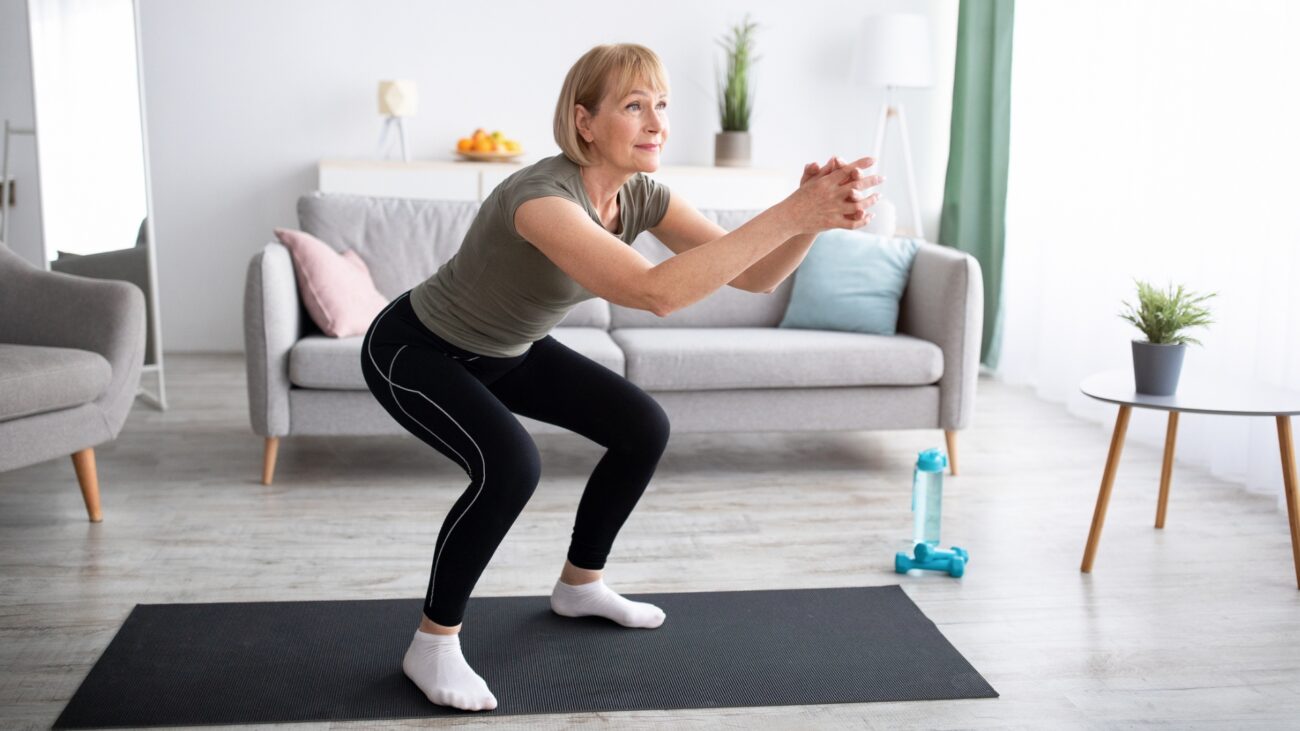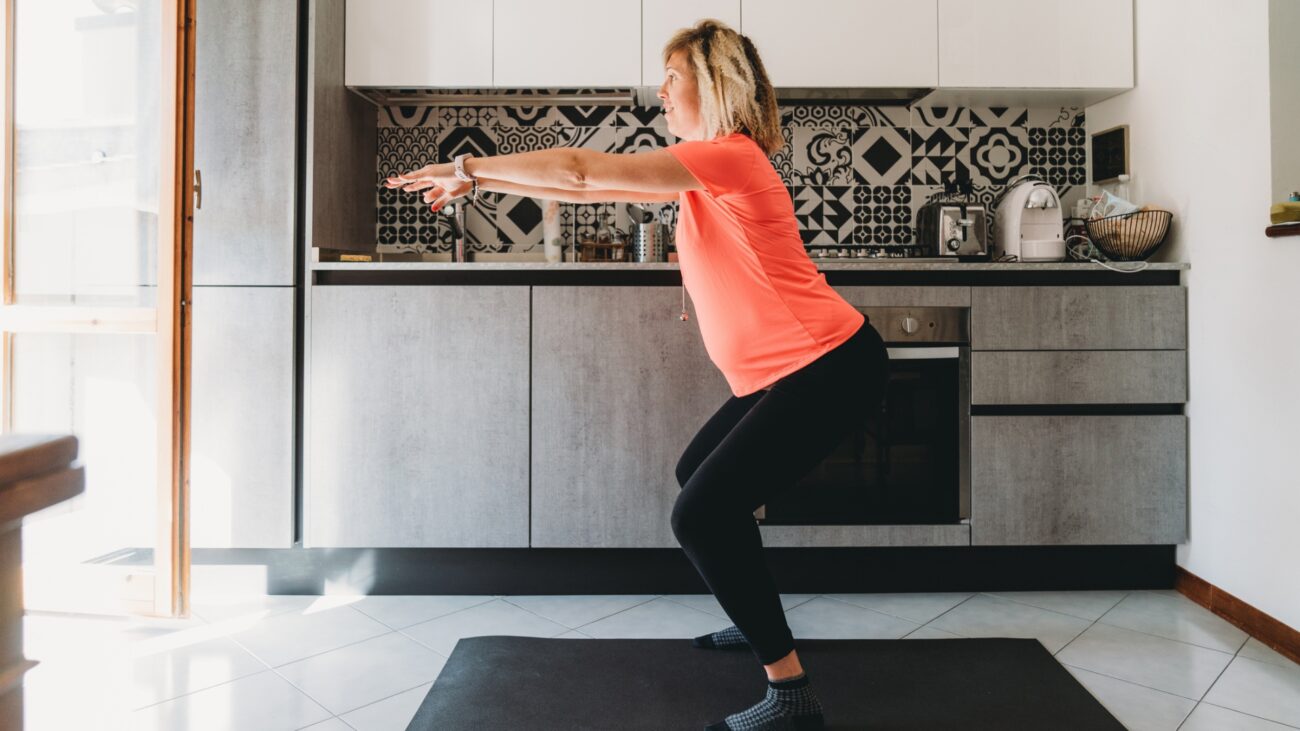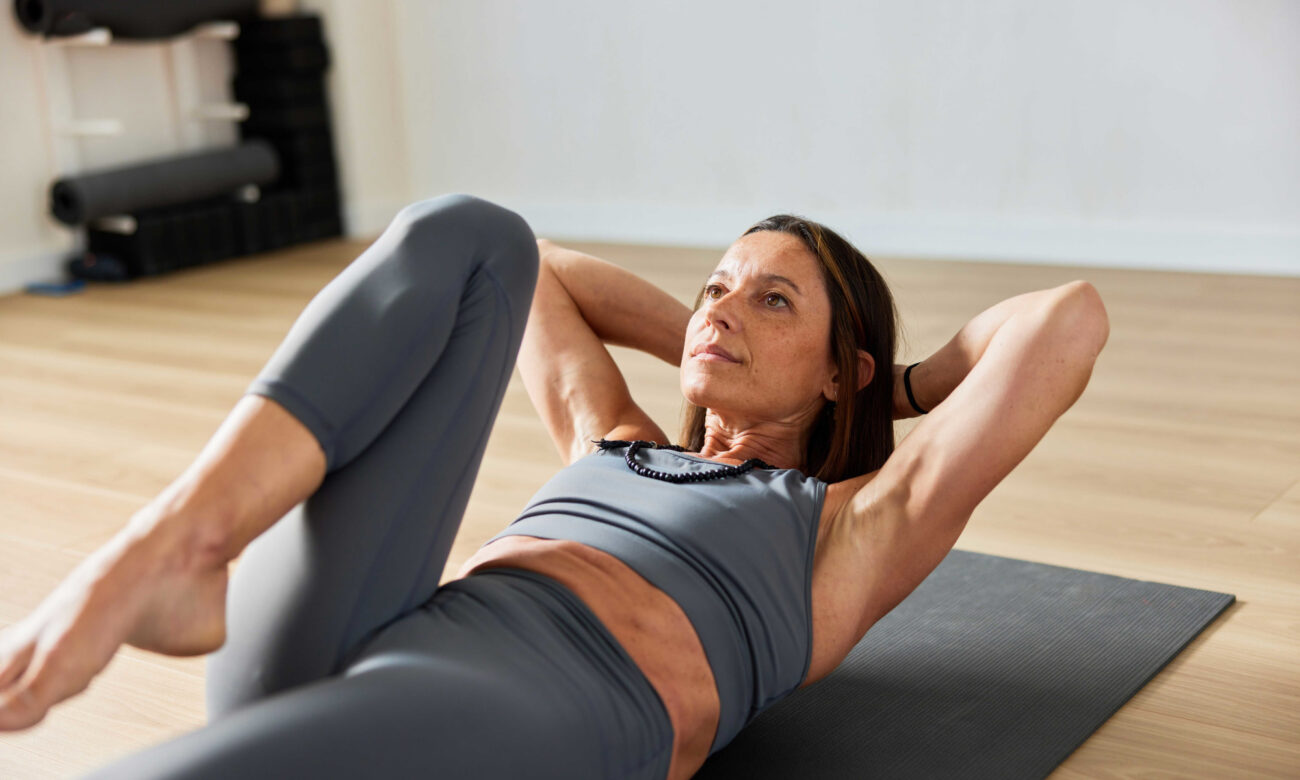Blog
I think I have a toxic relationship with exercise

Rigidity: When exercise follows a fixed schedule regardless of illness, injury or other needs. “Rigidity goes against the idea of health,” she says. “There’s a difference between consistency and obsession.”
Compensation: Using workouts to punish yourself for eating. If a slice of cake leads to four hours on the treadmill, it may be time to question your motivation.
Targeted body change: When workouts are used only to change specific areas like the abdomen or thighs. Tabares reminds us that the goal should always be health, not control.
Compulsivity: When exercise feels like an obligation or an addiction rather than a choice.
Obsession with metrics: Over-tracking steps, calories or time spent training can lead to fixation. “Let go of the numbers,” she says. “What matters is moving in a way that fits into your life. Something as simple as walking to work counts.”
A healthy approach to physical activity, she says, is one that supports both mental and physical wellbeing. It should come from respect and self-acceptance, not guilt. “The problem is that unhealthy exercise routines often make us feel bad when we’re not doing enough,” she adds.
Exercise should not feel like punishment
To help address vigorexia and obsessive patterns, experts at Sanitas recommend the following:
Set achievable goals: Focus on balance, not transformation. Avoid routines that fixate on muscle gain or altering appearance. Choose full-body movement that supports overall wellbeing.
Practise self-acceptance: Learn to appreciate your body for what it can do, not just how it looks. This mindset can be supported by practices such as yoga or meditation.
Rethink what fitness means: Health includes mental, emotional and social wellbeing. When these are neglected, the pressure to meet appearance-based standards intensifies.
Prioritise joy and consistency: Choose activities that feel sustainable. Movement should be something you look forward to. Whether it’s swimming, dancing or a group class, doing what you enjoy is key.
If obsessive or restrictive behaviours persist, Buenavida recommends seeking professional support. Cognitive behavioural therapy can help address the thought patterns that fuel distorted body image and excessive control.
Tabares adds that the most important question is why we exercise. That answer often reveals the most. “Exercise should never feel like punishment,” she says. “If you recognise these patterns in yourself, try working with a certified professional. Even if exercise feels like part of the problem right now, it can also be part of the solution. Movement is essential. It helps us live better.”












